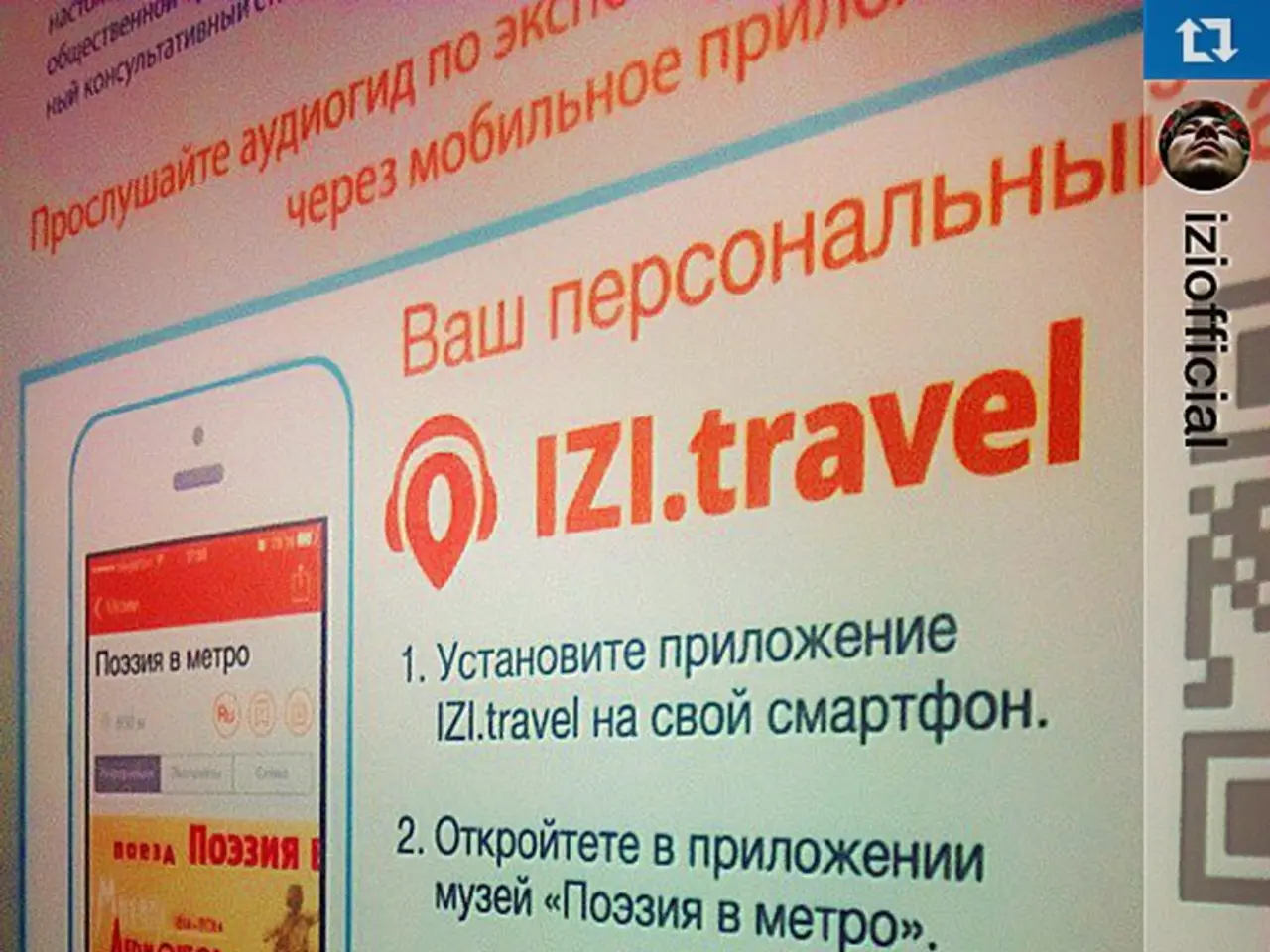Lithuania Implements Rigorous Prohibition of All Advertisements Related to Gambling
Lithuania is set to implement a comprehensive ban on gambling advertising, placing it among the more stringent regimes globally. This ban, scheduled to come into effect in July next year, could potentially serve as a precedent for other nations grappling with similar issues.
The ban follows a proposal for a transitional period until the end of 2027. Countries that have implemented similar bans or significant restrictions on gambling advertising include Italy, Australia, and some other European nations.
Italy bans most forms of online gambling advertising as part of its strict regulatory framework to curb gambling-related harms. Australia, on the other hand, has seen active campaigns and political debate around banning gambling advertisements altogether. While a full federal ban has not been enacted, there are growing efforts pushing for a ban on gambling ads, especially on television and social media.
Within European countries, regulations vary. For example, gambling, including its advertising, is legal but tightly regulated under the Czech Gambling Act. Conversely, Cyprus restricts online gambling and has strict controls, including prohibitions linked to crypto gambling.
Other jurisdictions, such as some in the Middle East and Asia, completely ban gambling, which naturally precludes gambling advertising. Countries like the UAE are reviewing their policies but traditionally had outright bans.
In Lithuania, the new law prohibits advertising for casinos, online gambling platforms, and gambling-related services across all media. The legislation passed with 73 votes in favor and one abstention in parliament.
Representatives from the gambling industry remain hopeful, suggesting that the industry will find innovative paths to adapt and continue thriving, even under these new constraints. The Lithuanian government has pledged to roll out support measures for businesses and employees affected by the gambling ban, including financial aid and retraining programs.
Increased allocations for addiction treatment facilities and expansive public campaigns to educate about the dangers of gambling are also being planned by the Lithuanian government. Jonas Kairys, a parliament member, stated that the ban is crucial for protecting youth and preventing gambling from becoming a destructive element in society.
Public health advocates and addiction specialists view the law as a significant milestone in Lithuania's public health policy. Lawmakers are concerned about gambling addiction and its negative impacts on individuals and society. The real success of this policy will be measured by its actual impact on reducing gambling harms and enhancing public health.
As Lithuania takes this significant step towards limiting gambling's reach, it remains to be seen how other countries will respond to this example, whether by tightening their own regulations or by observing and evaluating the outcomes of this bold policy experiment. Globally, attitudes towards gambling advertising vary significantly, with some countries having strict regulations or complete bans, while others maintain more lenient stances.
The new ban on gambling advertising in Lithuania, a move aimed at curbing gambling-related harms, is being followed closely by other nations dealing with similar issues, especially Italy and Australia, where active political debates and campaigning for stricter gambling advertising regulations are ongoing. The Lithuanian government's initiative to prohibit casino, online gambling platform, and gambling-related service advertising on all media platforms could serve as a potential precedent for general news and politics across the globe.




